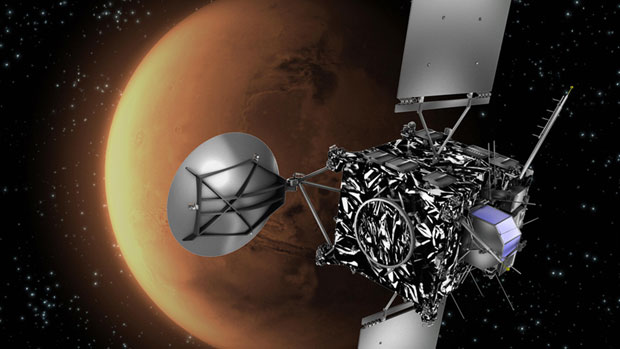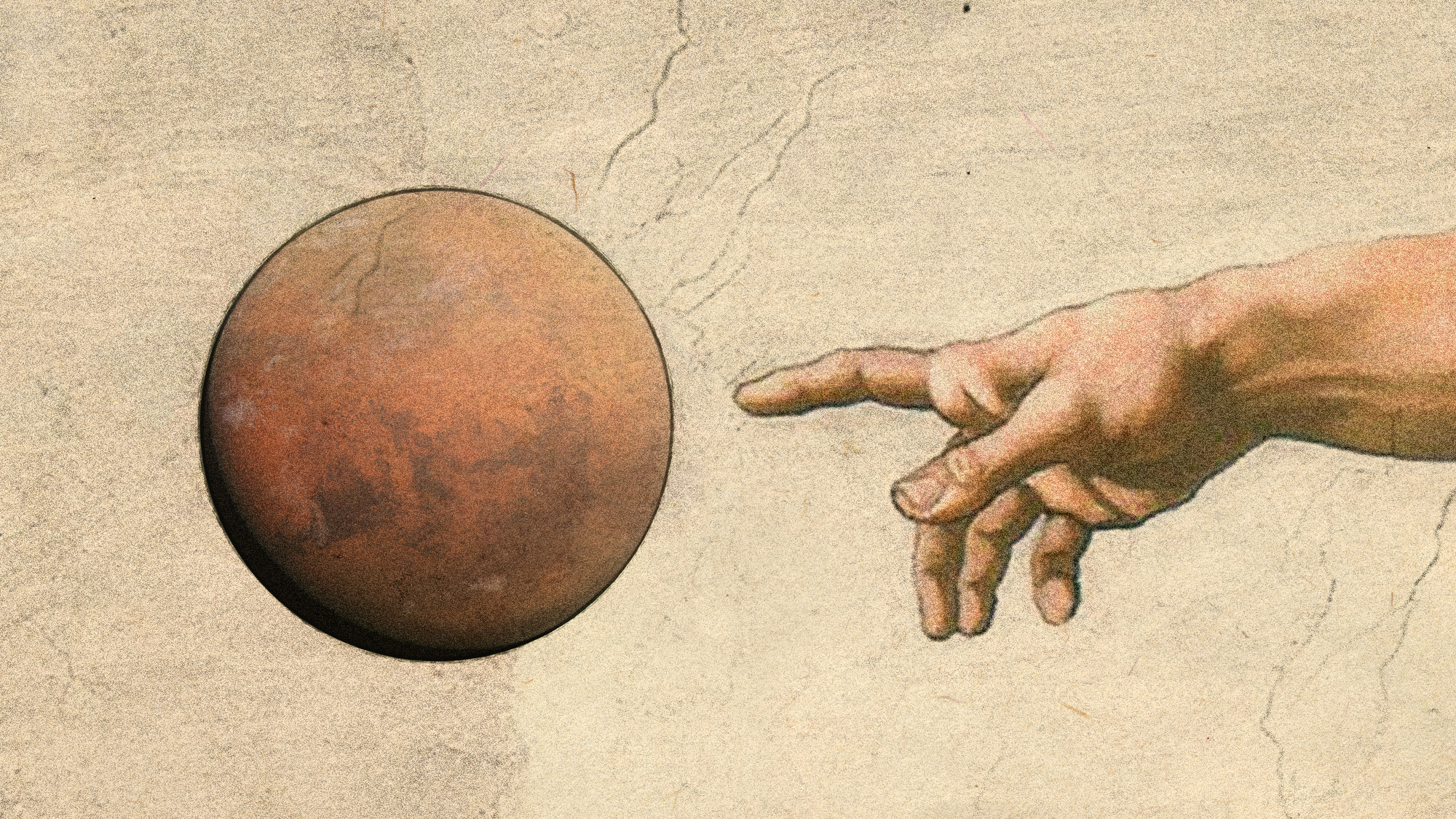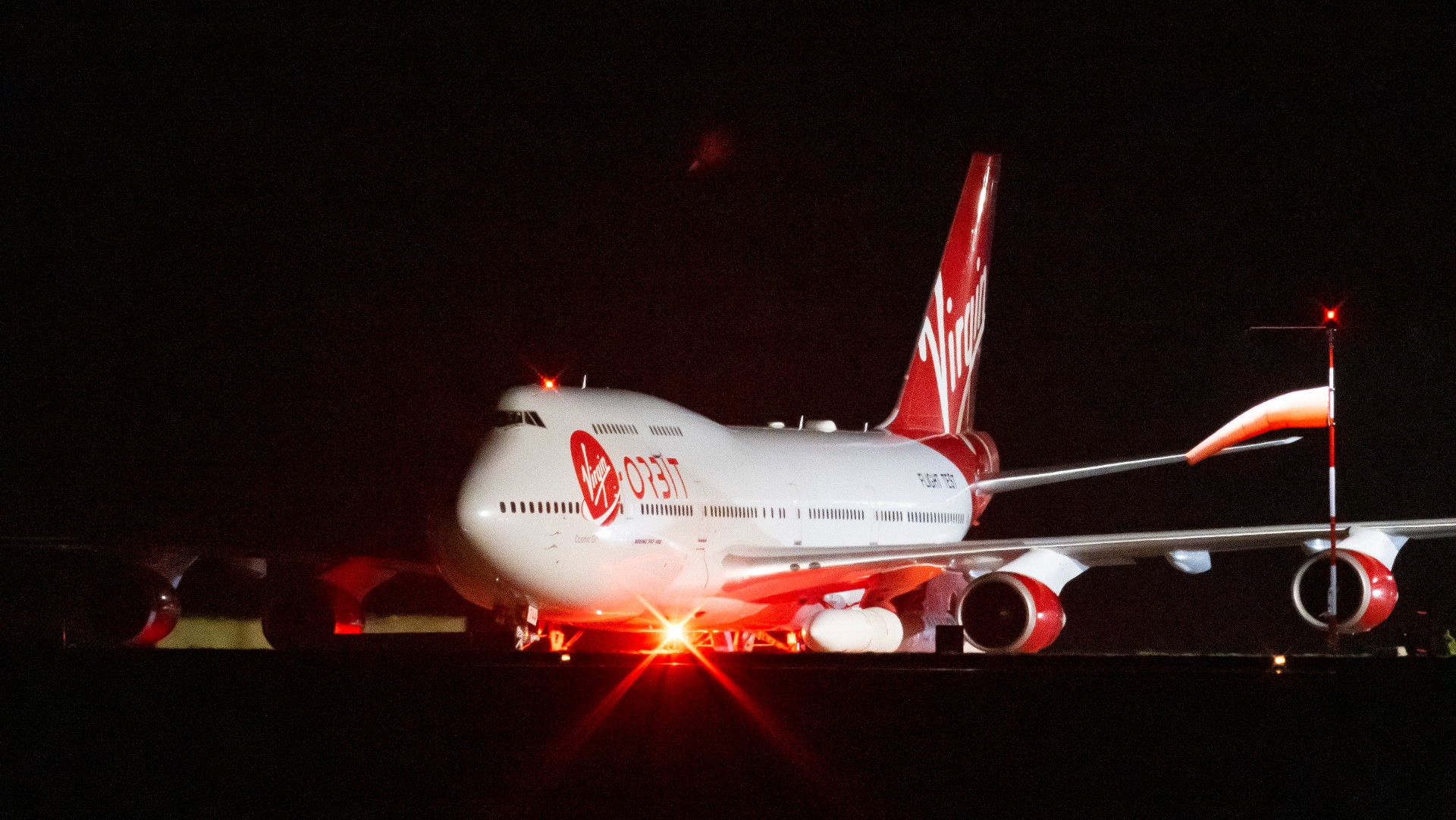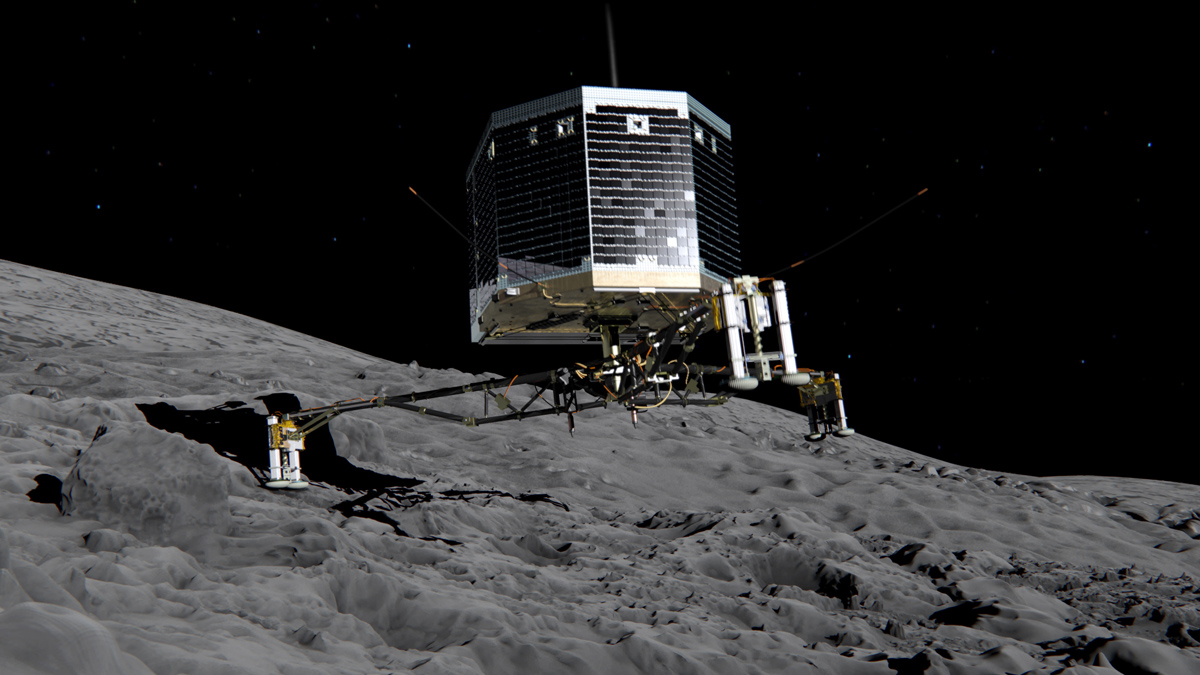Rosetta: 'sexiest, most fantastic' space mission enters final phase
Spacecraft has caught up with comet in a decade long chase in search for answers about life on earth

A free daily email with the biggest news stories of the day – and the best features from TheWeek.com
You are now subscribed
Your newsletter sign-up was successful
The Rosetta spacecraft has now approached a speeding comet in deep space as a decade-long mission, which scientists hope will reveal more about how life on earth began, reached a climax.
Dr Matt Taylor, one of the lead scientists from the European Space Agency (ESA) watching Rosetta as it closes in on its target, calls it the "sexiest, most fantastic mission there's ever been". It ticks all the boxes in terms of "fascination, exploration, technology, and science", he tells the BBC.
“Hello, Comet!” pic.twitter.com/mvFIxGWC8y— ESA Rosetta Mission (@ESA_Rosetta) August 6, 2014
What is Rosetta?
The Week
Escape your echo chamber. Get the facts behind the news, plus analysis from multiple perspectives.

Sign up for The Week's Free Newsletters
From our morning news briefing to a weekly Good News Newsletter, get the best of The Week delivered directly to your inbox.
From our morning news briefing to a weekly Good News Newsletter, get the best of The Week delivered directly to your inbox.
Named after the Rosetta Stone, the spacecraft was launched in 2004 by the European Space Agency (ESA). It is the first spacecraft ever designed to orbit and land on a comet.
The robotic space probe cost over €1bn to create and scientists hope that the mission will deliver answers about the composition of comets and their link to life on earth.
What's happening?
Rosetta has finally caught up with the comet, which is hurtling through space at 135,000km/h. Scientists hope to reduce the distance between the spacecraft and comet to less than 30km and Rosetta will then prepare to enter the comet's orbit in the coming weeks.
A free daily email with the biggest news stories of the day – and the best features from TheWeek.com
Taylor says the team needed to take "baby steps" as Rosetta makes its approach because "we don't know exactly how the comet is behaving and how the spacecraft will behave around it".
Rosetta will continue to orbit the comet for the next few months, mapping it and gathering data to help scientists prepare for the launch of the Philae Lander, which will be fired onto the surface of the comet in November. When it lands it will attach itself to its speeding host with harpoons.
What do scientists already know about the comet?
Known as 67P/Churyumov-Gerasimenko or 'Chury' for short, the comet is believed to be roughly the size of Mont Blanc, The Guardian reports, but it has an unusual irregular shape.
Because of its strange dimensions, scientists have already dubbed it the floating "rubber duck" in space. The reason for its bizarre form is unclear, with some speculating that could be a result of an impact with other objects in space.
Scientists say it is travelling at speeds of up to 135,000km/h, but little else is known about Rosetta's quarry.
What are they hoping to discover?
Once scientists have orchestrated the Philae Lander's descent onto the surface of the speeding comet, it will start to measure the density and composition of Chury, as well as test for the presence of amino acids, the essential building blocks of life.
Why is this so important?
As comets are the "remnants" of the beginning of the solar system, scientists hope that this mission will give them more insight into how they evolved and more importantly, whether they can be linked to the beginning of life on Earth. Some scientists believe comets delivered water, carbon and amino acids to earth.
"The biggest question that we are trying to get an answer to is: where did life on Earth come from?" says Professor Monica Grady of the Open University, who helped design the landing craft. "How did life get going? Was it the building blocks of life that were brought to us from comets or did it get going on Earth?"
-
 How the FCC’s ‘equal time’ rule works
How the FCC’s ‘equal time’ rule worksIn the Spotlight The law is at the heart of the Colbert-CBS conflict
-
 What is the endgame in the DHS shutdown?
What is the endgame in the DHS shutdown?Today’s Big Question Democrats want to rein in ICE’s immigration crackdown
-
 ‘Poor time management isn’t just an inconvenience’
‘Poor time management isn’t just an inconvenience’Instant Opinion Opinion, comment and editorials of the day
-
 Answers to how life on Earth began could be stuck on Mars
Answers to how life on Earth began could be stuck on MarsUnder the Radar Donald Trump plans to scrap Nasa's Mars Sample Return mission – stranding test tubes on the Red Planet and ceding potentially valuable information to China
-
 Historic Cornwall satellite launch ends in failure
Historic Cornwall satellite launch ends in failureSpeed Read The Virgin Orbit mission was the first attempt to launch satellites into space from British soil
-
 2014: It was a good year for…
2014: It was a good year for…In Depth From feminists to cannabis smokers – the groups that have had cause for celebration this year
-
 Rosetta researchers find 'building blocks of life' on comet
Rosetta researchers find 'building blocks of life' on cometSpeed Read Philae lander discovered 'primordial soup' that could suggest comets helped seed life on Earth
-
 'Fit to work' tests not fit for purpose, say MPs
'Fit to work' tests not fit for purpose, say MPsIn Depth Select committee describes 'fit to work' assessments as 'simplistic and inaccurate' and urges complete re-design